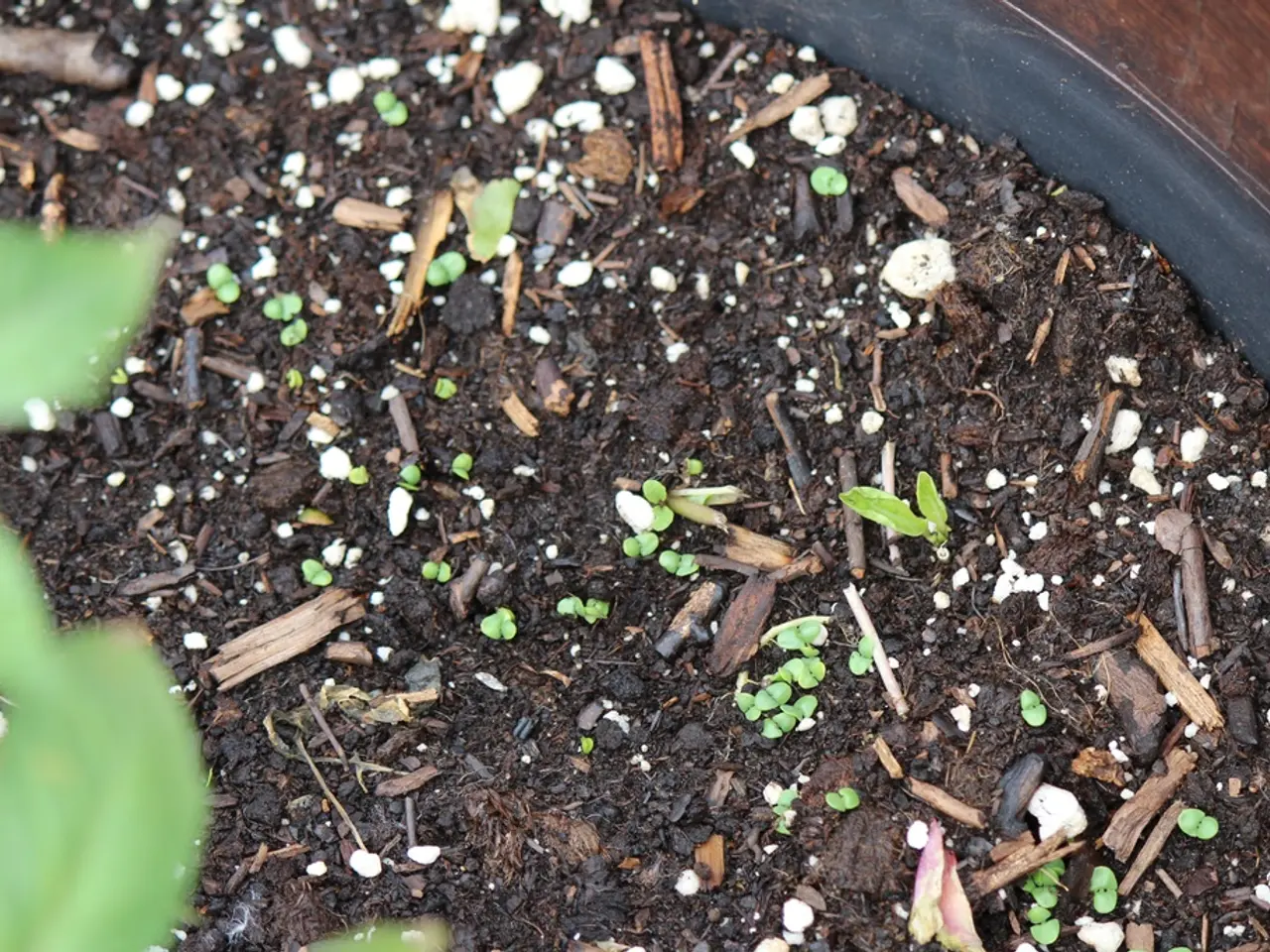Detailed Guides for Home Composting, Enhancing Soil Quality
=========================================================================
Composting is a simple yet effective method for transforming everyday organic waste into nutrient-rich soil that boosts plant growth and reduces waste in landfills. This eco-friendly practice is gaining popularity among gardeners and environmentalists alike.
By adding compost to the soil, you enrich it with organic matter, improving its structure and enhancing moisture retention. This, in turn, supports healthier root development, improves nutrient uptake, and increases resistance to disease and pests.
The key to successful composting lies in the balance of green and brown materials. Green materials, such as fruit and vegetable scraps, coffee grounds, fresh grass clippings, and green plant trimmings, are rich in nitrogen. On the other hand, brown materials like dry leaves, straw, wood chips, paper, and cardboard are carbon-rich.
To avoid odour and pest issues, it's essential to avoid composting meat, dairy, oily foods, and diseased plants.
As the composting process unfolds, you'll witness a remarkable transformation. The organic waste breaks down, turning into a dark, crumbly substance full of nutrients. This compost, a valuable resource, is used to enrich garden soil, providing essential nutrients such as nitrogen, phosphorus, and potassium.
Composting also helps balance the soil's pH, making it more suitable for plant growth. Moreover, the process increases microbial activity, supporting a healthy ecosystem for plants. The compost added to the soil contains beneficial microbes that fight off plant diseases, promoting a thriving garden naturally, without synthetic chemicals.
To start composting, choose a spot in your yard or use a compost bin. Layer green and brown materials in the compost area, ensuring a balance between the two. Remember to keep the compost pile moist and turn it regularly. After a few months, you'll have a rich compost ready to enrich your garden soil.
By composting, you're not only contributing to a greener garden but also helping the planet. Composting reduces waste by keeping organic waste out of landfills, thereby reducing greenhouse gas emissions. So, let's embrace composting as a sustainable, eco-friendly solution for a healthier garden and a cleaner environment.
Incorporating compost made from home-and-garden waste such as vegetable scraps, coffee grounds, and dry leaves into the garden's soil can augment the lifestyle by enhancing plant growth, reducing waste in landfills, and promoting a healthier ecosystem. Moreover, the home-and-garden activity of gardening, which includes composting, can be combined with home-and-garden hobbies like growing flowers and vegetables, contributing to a more sustainable and eco-friendly lifestyle.




